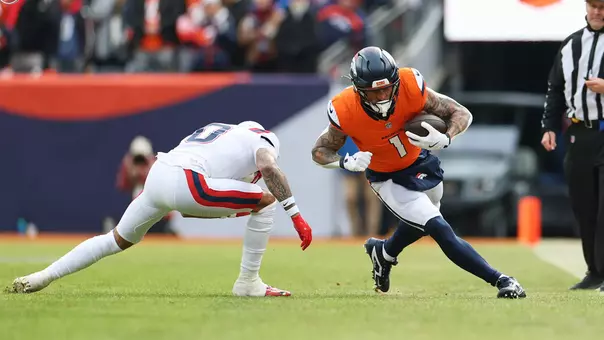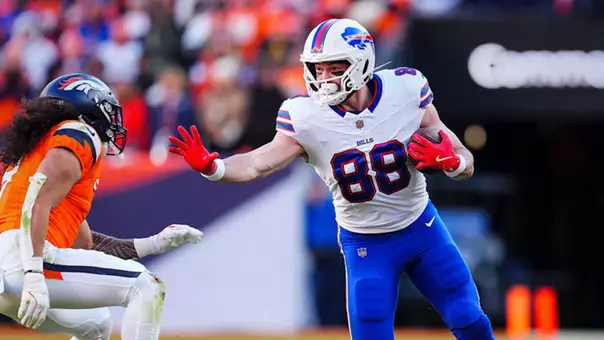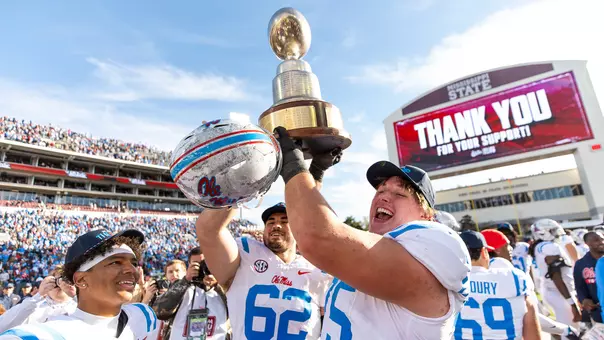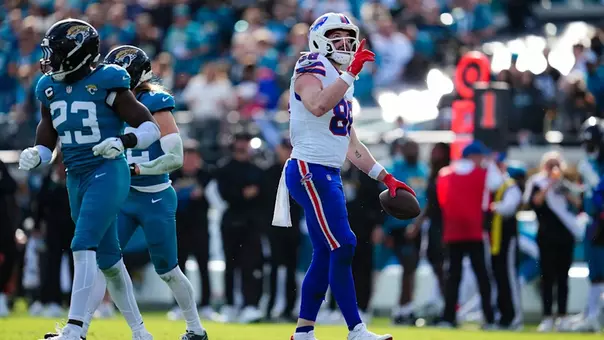The University of Mississippi Athletics
INSIDER: Oher, Blind Side Hit Big Screen
12/1/2007 | Football
By Ben Garrett
OleMissSports.com Insider
A New York Times best seller by Michael Lewis, “The Blind Side: The Evolution of a Game” chronicles the journey of Michael Oher, an All-American lineman on the Ole Miss football team, from the brink of obscurity to possibly one of the highest paid athletes in the National Football League.
After hitting the shelves in October 2006, the book sold approximately 150,000 copies in its first three months, and soon, Oher's amazing tale will be coming to a theater near you.
Before signing a national letter of intent with the Rebels in 2005, Oher, one of 13 children of a drug-addicted mother, had limited formal education and no athletic background or social skills.
Not even knowing his real name, father or birthday, Oher was never introduced to organized football. Instead, each day consisted of survival, bouncing from home to home with a garbage bag as a suitcase, facing what seemed as insurmountable odds.
Residing in the impoverished area of
“The Tuohys mean a lot to me,” said Oher. “None of this would be possible without them. They gave me a chance. They believed in me. At first I didn’t want any help, but I got a chance.”
Once he was discovered by Sean Tuohy, a former Ole Miss basketball star (1979-82) turned successful businessman, his life changed forever. Along with wife Leigh Anne, daughter Collins and son Sean Jr., the family formed a new life for Oher. The Tuohys legally adopted Oher and enrolled him in
But despite the sudden addition of a new family member, Collins said there was no real adjustment.
“Before I even got into high school, my dad would have athletes at our house sleeping on the couch or eating dinner,” she said. “He always had kids around. It was never weird. He began sleeping at our house a few nights, then a few weekends, then a few weeks. It was just really natural.”
Each began to play a role in the transformation of Oher. Socially, Leigh Anne and Collins helped him become more outgoing, challenging him with such trips as the mall to purchase clothes. Each would share their time with him for academics (he had a 0.6 grade-point average when he enrolled at Briarcrest). Together, they would help mold him into a man equipped for success.
“When he came to live with us, he was a very closed off person,” Collins recalled. “We couldn’t get him to say two words. People don’t realize now, with how personable he is, what a complete 180 he’s done from seven years ago. He and my mom immediately clicked. They were always together.”
But although those associated with Oher could see a drastic change in his demeanor, he was still struggling to adapt academically. In 2002, when Oher’s application was sent to Briarcrest, he had a measured I.Q. of 80. Before he could play football, he had to take care of the classroom.
And so began the rigorous hours of study. Needing a complete overhaul of his academic record simply to qualify, Oher spent the majority of his days buried in books. Once his grades reached an acceptable level, he was granted permission to hit the field.
It didn’t take long for Briarcrest football coach Hugh Freeze to jump at the opportunity. Freeze dreamed of Oher playing football once he stepped foot in school, and he would finally get his wish.
Although he didn’t find success early in his junior year, Oher would soon blossom as both a defensive and offensive lineman, so much so that he was invited by Tom Lemming to play in the U.S. Army All-American Bowl.
From there, Oher would move on to Ole Miss. Starting as freshman, he would reach All-America status along the offensive line. His sophomore year he was moved to left tackle, a position that has become known as “the blind side” in football circles.
“I’m a left tackle. It’s my position,” said Oher, who just completed his junior season. “Other positions you have to have two or three guys you have to block on any given play. At tackle, you’re on more of an island with a guy all to yourself. I feel pretty good one on one. I’m comfortable in knowing that it’s the position I was meant to play.”
A critical component in Oher’s success both athletically and academically, Freeze said the success Michael has been able to attain is very rewarding.
“He’s been a part of my life for a long time and holds a special place in my heart,” said Freeze, who is now an assistant coach at Ole Miss. “I still feel he has some things that need work on the field, but to see him mature as a person is very rewarding. He has become someone who once struggled to make any kind of grades, to one who is doing well both in the classroom and socially. Those are the things that are going to pay off in life long term.”
Though he has started all three years for the Rebels, Oher said he is now figuring out exactly what it takes to play the game suitably.
“I’ve just now figured out how to play the game, just knowing what I have to do and to know what to expect,” he said. “I’m starting to watch film more. It has helped me learn to get better everyday.”
Due to the book’s overwhelming success and popularity, “The Blind Side” is currently being adapted into a film based on Oher’s journey. Twentieth Century Fox purchased the movie rights at an estimated $200,000, with casting already taking place. With the movie scheduled to start shooting in early 2008 with a 2009 release, Oher said the book has brought mass amounts of national attention to
“People have come from all over the place just to see me play,” said Oher. “I’ve had to sign footballs for little kids and all kind of stuff. It’s cool that people know who you are and to notice you not for football, but for something else.”
But while his success can be attributed to countless days of work and hardship, Oher will always remember where he came from and share his story with those who have been, or remain in a similar situation.
“I know I have to make it because this is all I’ve got,” he said. “There are so many people who have helped me mature and grow as a person. Knowing where I came from to where I am now, I know I have a chance.
“I had it hard, but now I have it easy. I have to buckle down, and I’ll be alright. I try to make sure and tell other people who are going through the things I’ve gone through that they have a chance. They just have to believe.”










.png&width=32&height=32&type=webp)





